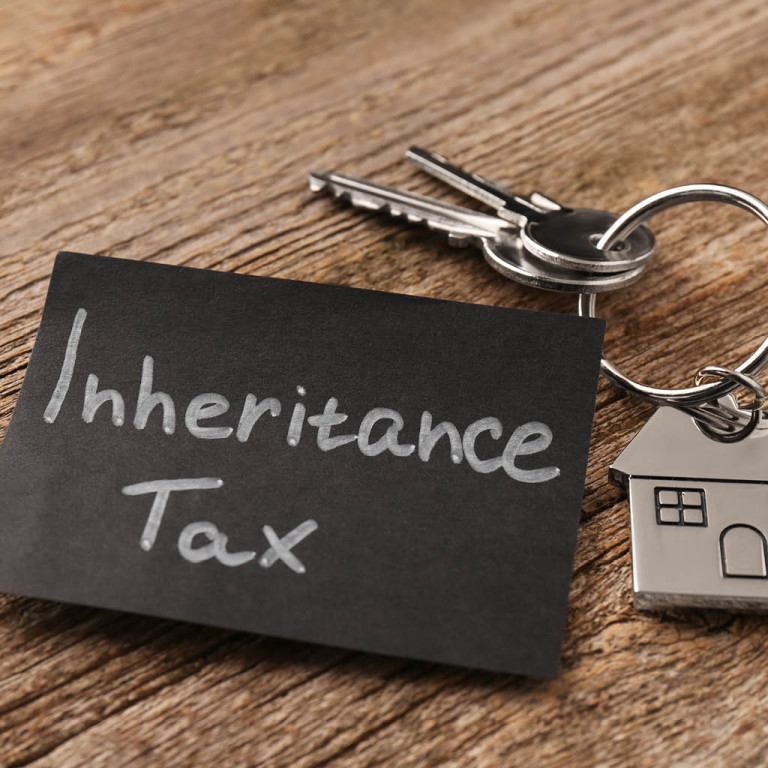The role of certificate provider was introduced by the Office of the Public Guardian as a safeguard for people signing Lasting Powers of Attorney (LPAs). LPAs are used to appoint attorneys to assist with a person’s affairs, which could include their finances and their personal welfare.
Certificate providers are essentially independent people who are required to sign the LPA to confirm that the person making the document (the donor) understands what they are doing and is not under any pressure to do so. This is intended to try to prevent vulnerable people from being coerced into signing LPAs which they do not understand or did not wish to make.
Who can act as a certificate provider?
The donor can ask a professional to carry out this role, such as a solicitor or doctor. The professional will use their experience and skills to consider the donor’s situation and whether they are able to complete the documents. Alternatively, the donor can use a layperson such as a friend or neighbour, who should have known the donor for some time and feel comfortable confirming that the donor understands the documents.
Certain people cannot act as certificate provider, for instance attorneys named on the documents or family members of the donor or attorney.
Responsibilities
The Court of Protection has recently ruled that certificate providers need to confirm the following points from the Mental Capacity Act 2005, before signing the certificate:
- That the donor understands the purpose of the LPA and the scope of the authority given to their attorneys;
- That no fraud or undue pressure is being applied to the donor to sign the document; and
- That there is nothing else which should prevent the donor from signing the document.
What do I need to do?
When acting as a certificate provider, it is therefore recommended to discuss the LPA with the donor and check the above points with them as thoroughly as possible. The certificate provider should check the donor’s mental capacity by asking questions such as ‘What is an LPA?’, ‘Why do you want to appoint this attorney?’ and ‘What will your attorneys be able to do for you?’. If in doubt, the certificate provider should not sign if or until their concerns have been satisfied.
It is also important to note that the certificate provider should see the donor on their own, to ensure that the requirements are satisfied. The LPA may be invalid if the attorney is present while the certificate provider is completing the certificate.
The certificate provider may also act as the donor’s witness on the documents, or a separate witness may be used.
Should an objection be raised to the LPAs when they are registered, the certificate provider may be required to confirm why they signed the certificate. It is therefore important to ensure that the process is not rushed and that all three points above have been covered.
The role of certificate provider is an important one and should not be undertaken lightly. As a donor, involving a professional can help to provide additional protection should you have any concerns about your LPAs or should any questions be raised about the documents in the future.




